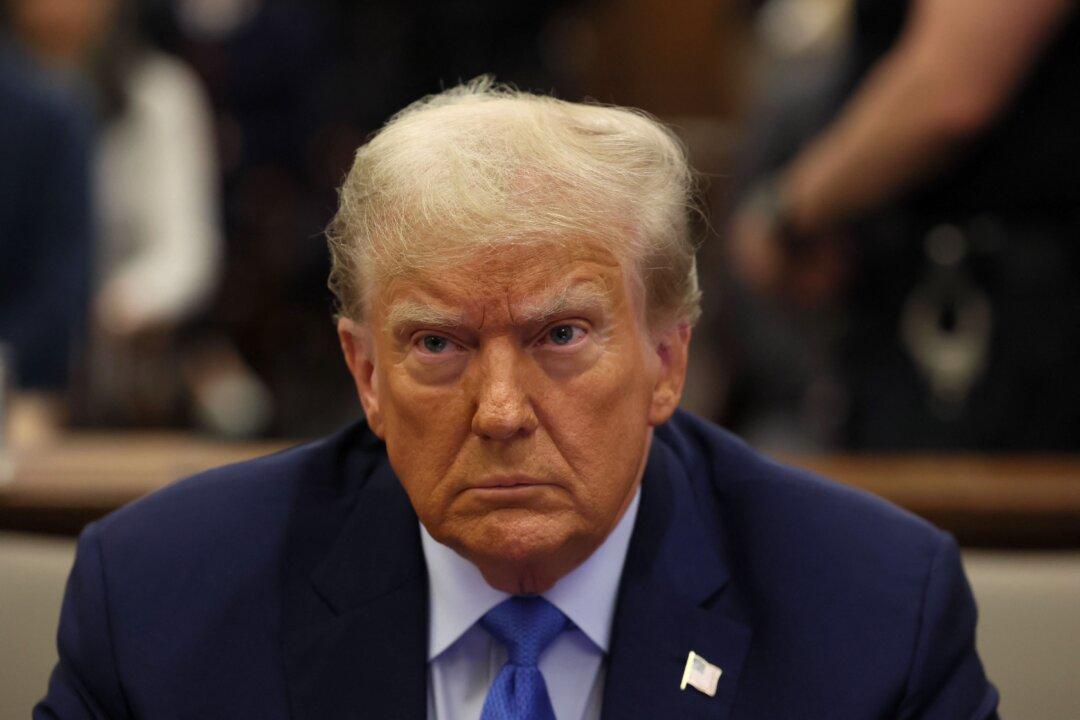Prosecutors with special counsel Jack Smith’s office, previewing arguments they expect to make in court, argued that the language used in the indictment of former President Donald Trump for his challenge of the 2020 election was neither inflammatory nor prejudicial.
“The defendant’s motion is premised on the disingenuous claim that he is not charged with ’responsibility for the actions at the Capitol on January 6, 2021.' But the indictment clearly alleges, and the Government will prove at trial, that the defendant bears such responsibility,” a filing reads.





